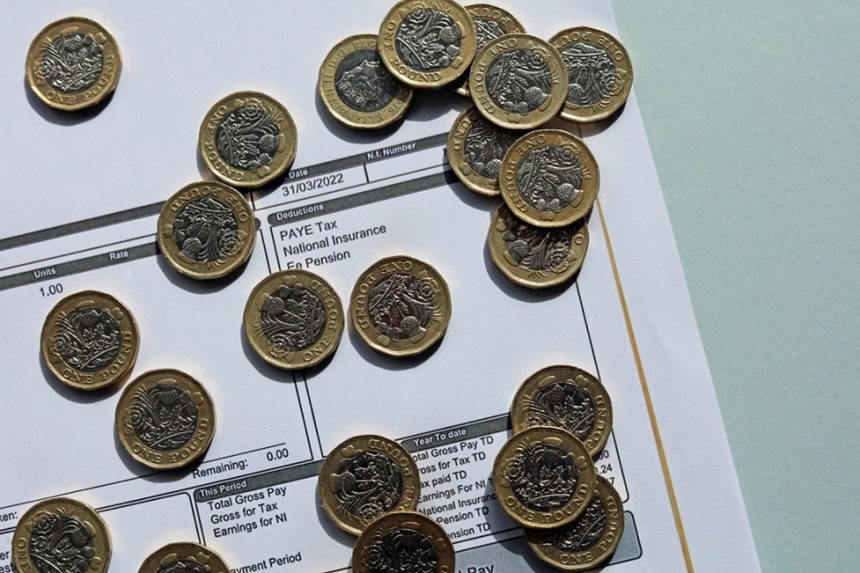A varied response to the hike in employers’ National Insurance (NI) contributions on 6 April has been forthcoming from the coach and bus industry, with one bus operator citing it as a contributor to an early fares increase and another in the London open-top market seeing outgoings increase by £200,000.
Reading Buses CEO Robert Williams says that it “has forced our hand to act earlier than normal” on fares, although he notes that other costs are also up. Single fares within the town have risen by 10p.
Tootbus UK Managing Director Gavin Brooking says that the NI increase will cost £200,000 per annum across its 170 employees. That sits against what he describes as a competitive market where recovery via ticket prices is difficult.
Opinions in the coach industry are more variable. One operator notes that where additional costs are encountered, “there is not much choice other than to pass [them] onto customers.”
Bagnalls Coaches Director John Bagnall adds that the Swadlincote firm has reflected the lift “in all the quotations we provide” and that the NI rise compounds increases to wages and everyday running costs, and spending on PSVAR compliance.
“You can be as competitive as anyone but then are costs leaving any profit in bookings?” says Mr Bagnall. “It is a no-win situation really. Businesses need staff to do the work; that is at a higher cost, which has to come from customers, which could result in fewer bookings.”
Another SME coach operator in Scotland describes the NI rise as “absolutely unforeseen” and believes it will be particularly challenging for small businesses. “The burden we collectively carry for the nation is not a small one,” they note.
Further contrast is brought by Selwyns Travel. In a LinkedIn post, the Runcorn operator acknowledged the “significant” increase to National Insurance as a cost to its business, but says that through performance improvements and cost saving initiatives, it has fully mitigated that impact while increasing drivers’ pay.

























